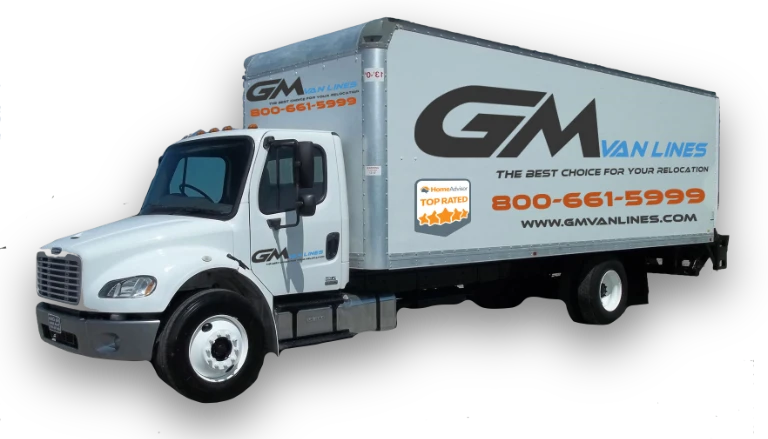Corporate relocation isn’t just about moving desks and filing cabinets. It’s a full-scale operation that touches every corner of your business, from employee morale to operations continuity. Corporate relocation is a big deal whether you’re a startup outgrowing your coworking space or an enterprise repositioning for strategic growth. And, as with any major organizational move, preparation is everything.
Unlike residential moves, corporate relocations involve additional layers of planning, logistics, and communication. It’s not just about getting from point A to B—it’s about ensuring your people, infrastructure, and workflows all arrive intact and ready to go.
The Business Case Behind a Corporate Relocation
Companies relocate for various reasons—expansion, market access, tax advantages, or simply outgrowing a current location. Whatever the motivation, the decision impacts everyone involved. According to Harvard Business Review, office moves are often driven by a need to foster collaboration, reduce costs, or align with long-term business goals.
However, those goals can easily be derailed by poor planning or underestimating the complexity of the relocation process. That’s why preparation must include more than just logistics—it needs to account for communication, timing, and adaptability.
Employees: The Human Element of the Move
A major part of corporate relocation that often gets overlooked is the impact on your team. A seamless transition for your staff is essential. This involves not just physically relocating them, but emotionally preparing them for what’s to come.
If relocation involves moving employees to a new city or state, it’s even more critical to handle the transition with care. Relocating a family means adjusting to new schools, homes, and communities. This article from SHRM outlines how offering relocation assistance and clear communication helps retain talent during moves.
It’s worth considering that even local moves can cause disruption. New commutes, unfamiliar surroundings, and workflow changes can create temporary instability. Proactively addressing concerns and offering resources can minimize that disruption.
Creating a Corporate Relocation Checklist
Before the first box is packed, a detailed relocation plan should be in place. This checklist needs to cover:
- Inventory assessments
- IT system relocation strategies
- Employee communication plans
- Downtime scheduling
- Departmental moving schedules
- Coordination with building management (both old and new)
This isn’t a one-size-fits-all template. Each business will have specific needs depending on size, industry, and timeline. But one constant is the importance of a project manager—someone who can oversee the moving parts and maintain order.
Timing Is Everything in Corporate Relocation
When you move matters just as much as how you move. Choosing a time that limits disruption to customers and employees is vital. Some businesses opt for weekend or after-hours moves to minimize downtime, especially those that rely on continuous operations.
For companies in tech or retail, where even an hour offline can result in revenue loss, scheduling and contingency planning is non-negotiable. A phased approach, where departments are relocated one at a time, can also help maintain business continuity.
Partnering with Experts Makes the Difference
Professional moving services aren’t just helpful—they’re essential. From dismantling and reassembling furniture to securely transporting servers, trained movers know how to minimize risk and maximize efficiency.
More importantly, working with a company experienced in corporate relocation means you gain a partner who understands business priorities. The goal isn’t just to move items—it’s to reduce your stress, avoid mistakes, and keep you on schedule.
Having an experienced team means you don’t have to micromanage every step. It allows internal teams to stay focused on their roles instead of worrying about moving logistics.
Avoiding Common Pitfalls
A corporate move can go sideways quickly without attention to detail. Here are some frequent mistakes to watch out for:
- Underestimating downtime
- Failing to back up data before the move
- Neglecting employee feedback
- Not labeling items accurately
- Waiting too long to hire professional help
A successful relocation is built on clear communication, strategic planning, and reliable execution. Cutting corners to save money or time may cost more in the long run.
Communication Is Key
Keep everyone informed. Transparency throughout the process helps reduce anxiety and sets expectations. Use regular team updates, Q&A sessions, and visual timelines to keep everyone on the same page.
Corporate Relocation Services by GM Van Lines – Serving Florida
Behind every smooth corporate relocation is a team that knows how to manage complexity. At GM Van Lines, we specialize in handling the logistics so that you can focus on your business. Our tailored relocation solutions are designed with your company’s continuity and employee well-being in mind. When it comes to corporate moves across Florida, trust the experts who treat your business like their own.

